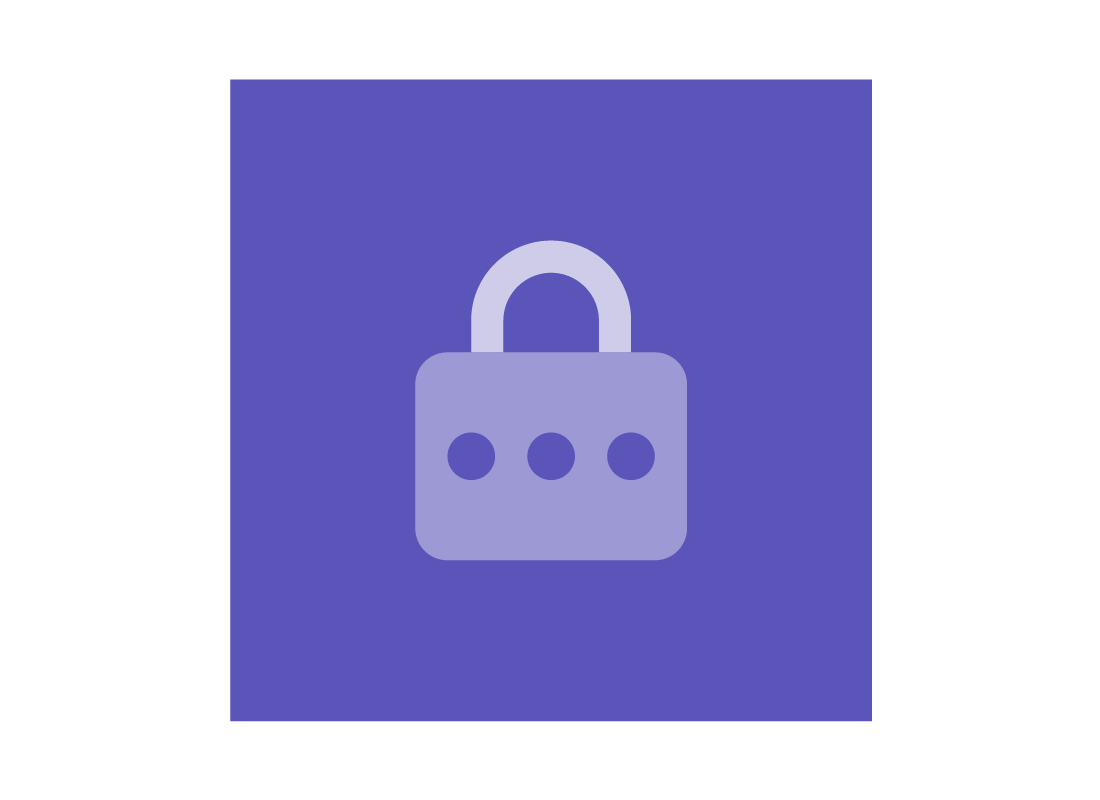How to minimise web tracking
How to minimise web tracking
What's coming up?
This activity will explain how you can minimise web tracking by taking some simple steps. Unfortunately, it's not possible to completely stop some companies from tracking your online use, but there are a few things you can do to reduce the number of annoying ads you see, as well as make your web browsing safer and more secure.
Start activityWeb tracking relies on your browser
Most companies use the basic functions of your web browser to track your web usage. Websites will save small programs called cookies to your browser, and these will alert the site when you visit again. Companies will use this information to build a statistical model of what kinds of advertising they think you might respond to, then target you with lots of ads.
Use incognito mode where possible
One way to minimise web tracking is to use your browser's Incognito mode or Private browsing mode. This mode blocks cookies, but may limit the functionality of some sites. For example, it's usually not possible to sign in to a site if you a browsing in private or incognito mode.
You can learn how to use Incognito or Private mode in Chrome, Safari and Edge in the Understanding web browsers course.
Use ad blockers and alternative search engines
You can use small programs called browser extensions to block many ads. These ad blockers are usually free and will often alert you when you are being sent to a site because of an ad.
You can also use a different web search engine to limit tracking. Google tracks your web searches, but a search engine such as Duck Duck Go does not.
You can learn more about using ad blockers in the More tips for safer browsing activity.
Your devices have a unique identifier online
When you connect to the internet, your browser application identifies your device using a unique number code called an Internet Protocol (IP) address.
Websites you visit track your IP address, and some sites can combine that information with cookies and other tools that track online activity to work out your home address, or at least your suburb. It’s a good idea to never enter your home address into a website, unless you have a good reason, such as receiving a delivery.
Your ISP has your personal details
Your IP address is associated with the internet plan supplied by your Internet Service Provider (ISP). Your account with the ISP records your name, address, phone number and online activity.
Law enforcement can request that your ISP provide your personal details, if they believe your IP address has been involved in illegal activity.

eSafety tip
Sometimes you might see an ad that seems to know your location, such as your suburb or a suburb near you. Don't panic! The ad is using cookies and similar tools called tracking pixels to try to zero in on your address. Sometimes websites can guess correctly, other times they will not know your exact address unless you provide it.
Avoid products that say they can hide you online
Sometimes you might see an ad for software that claims it can hide your web browsing and make it totally private. This software might help hide your IP address from some sites, but your ISP and the government can still track you.
Use the clear cookies function
All web browsers have an option called clear cookies or clear browsing data. This is usually found in your browser's Settings menu and removes all the cookies from the browser and signs you out of any websites you have signed in to.
Using Clear browsing data will stop individual sites from tracking you, but larger services such as Google and Amazon keep historical data and may continue to show you personalised ads.
You can try using a VPN
A type of software called a Virtual Private Network (VPN) can reduce the amount of web tracking and personal ads you may see.
When you use a VPN, however, Google can still track you, and you will probably still see personalised ads in your Google search results.
For more information about VPNs, visit our Protecting your privacy online course.
Tracking doesn't hurt your device
It's important to keep in mind that web tracking doesn't do anything to your device and for the most part only results in annoying ads. Sometimes it can seem like the tracking system is spying on you, but really it's just making a good statistical guess. As long as you stay vigilant to possible scams, you can simply ignore the ads and use the web as you like.
You can learn more about how to spot scams in the Identifying and avoiding scams topic.
Well done!
This is the end of the How to minimise web tracking activity. You've learned how to use private browsing mode and to delete cookies and browsing data, to reduce web tracking.
Next, in the What is a data breach and how can it affect you? activity, you will find out about what happens when your personal information gets into the hands of hackers.